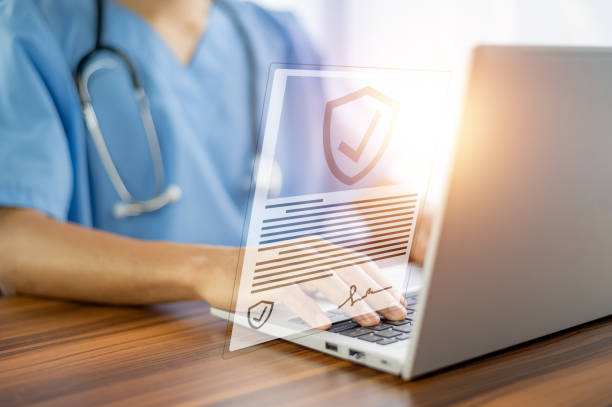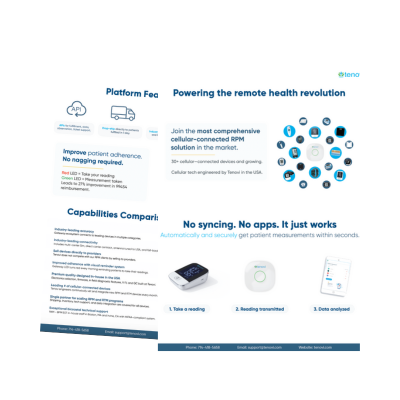In healthcare, trust is non-negotiable. Patients, providers, and partners expect sensitive data to be handled with the highest level of security and integrity. Achieving SOC 2 compliance is one of the most effective ways organizations can demonstrate that commitment. But what is SOC 2 compliance, and why is SOC 2 important in healthcare?
Understanding Why SOC 2 is Important
SOC 2 (System and Organization Controls 2) is a framework developed by the American Institute of Certified Public Accountants (AICPA) that evaluates how companies manage and protect customer data. It is designed around five Trust Services Criteria. These services are as follows and help to outline what certification covers.
- Security – Protecting systems and data against unauthorized access.
- Availability – Ensuring systems are accessible as promised or required.
- Processing Integrity – Delivering accurate, complete, and timely data processing.
- Confidentiality – Restricting access to confidential information.
- Privacy – Protecting personal information according to established privacy principles.
There are two types of SOC 2 reports. The first known as Type I evaluates whether controls are properly designed at a single point in time. The second is Type II. This tests whether those controls operate effectively over a defined period of usually 6–12 months. This distinction is important in healthcare, where long-term operational effectiveness is important.
Why SOC 2 Is Beneficial to Healthcare
SOC 2 is important in healthcare because it’s the process that can help organizations identify and directly address potential privacy and security risks and increase their compliance position. It is important to note that SOC 2 is not a pass or fail audit. The auditor conducting the SOC 2 audit report only records a qualified opinion.
Below you will find a break down of some benefits to SOC 2 certification.
1. Protecting Patient Data Beyond HIPAA
Healthcare organizations are already bound by HIPAA regulations, which set baseline requirements for safeguarding protected health information (PHI). However, HIPAA compliance does not always cover the broader operational and technical safeguards needed in today’s digital ecosystem. SOC 2 provides a complementary, standardized way to validate data protection measures, extending assurance beyond HIPAA’s scope.
2. Building Trust with Patients and Partners
Trust is essential in patient care and provider relationships. A SOC 2 report provides independent verification that an organization is following industry best practices for data security and privacy. This validation reassures patients, providers, insurers, and health system partners that sensitive health data is being handled responsibly.
3. Managing Vendor and Supply Chain Risk
Healthcare relies on a growing ecosystem of vendors. Vendors range from technology companies that manage electronic health record systems to telehealth platforms and connected medical devices. Each of these vendors may have access to sensitive information. SOC 2 compliance ensures vendors meet high standards, reducing the risk of breaches that could disrupt care delivery or expose patient data.
4. Strengthening Cybersecurity Resilience
Cyberattacks targeting healthcare organizations are increasing in frequency and severity. Ransomware, phishing, and data breaches can halt clinical operations and damage patient trust. SOC 2 requires organizations to implement and test ongoing safeguards against such threats, ensuring that protections are not only designed but also proven effective over time.
5. Competitive Advantage in a Data-Driven Market
As more health systems evaluate vendor security practices, SOC 2 certification is becoming a differentiator. Demonstrating SOC 2 Type II compliance signals maturity, reliability, and a long-term commitment to safeguarding patient information. This can accelerate vendor selection processes and strengthen relationships with health plans, providers, and technology partners.
Understanding SOC 2
In an era when healthcare data is both highly valuable and increasingly targeted, SOC 2 compliance provides an independent and credible measure of an organization’s security posture. For healthcare providers, payers, and technology vendors, it goes beyond regulatory requirements to reinforce trust, strengthen cybersecurity resilience, and reduce risk across the care ecosystem.
Tenovi has completed SOC 2 compliance for its remote patient monitoring ecosystem. The company provides over 40 remote patient monitoring and remote therapeutic monitoring device point solutions that integrate with its proprietary Cellular Gateway, automating the transfer of patient vitals. Tenovi’s API-driven fulfillment and automation services enable seamless deployment of remote patient and therapeutic monitoring programs. If you’d like to learn more book a free demo today.


